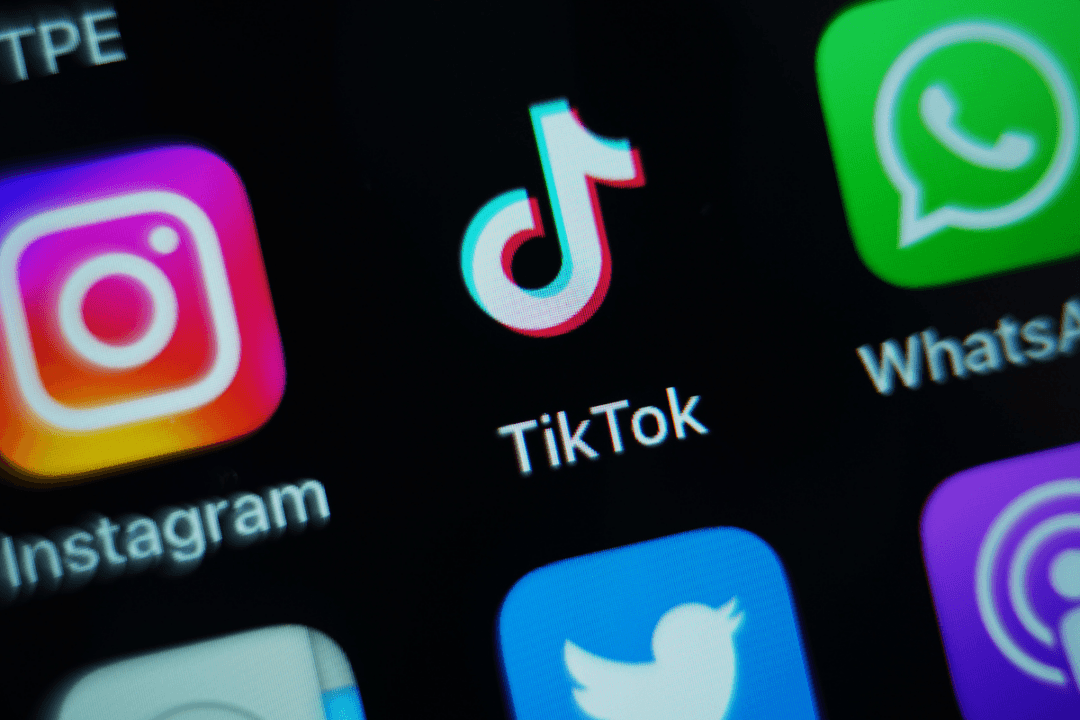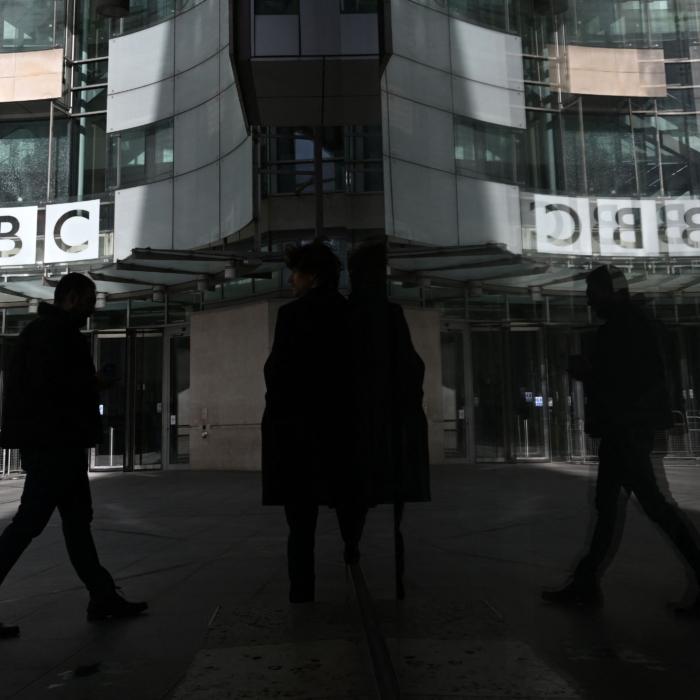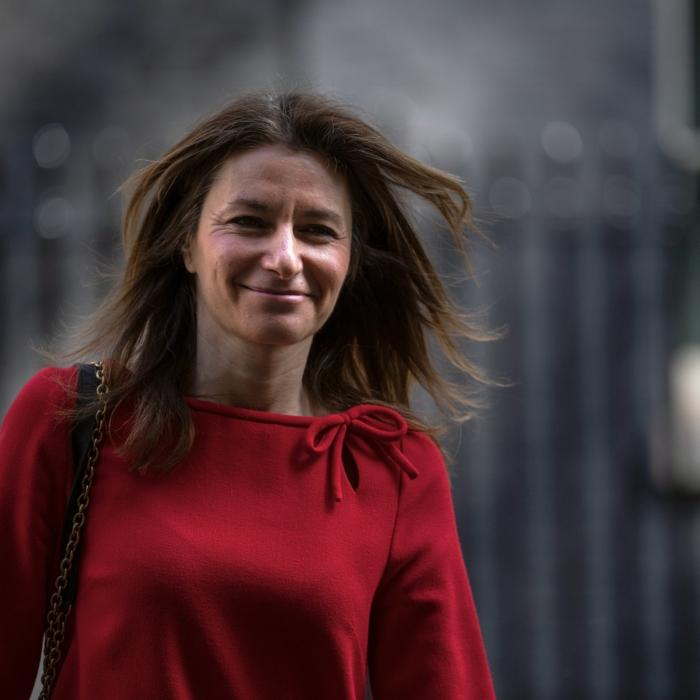Members of Generation Z are twice as likely to get their daily news from TikTok than the BBC, with young people consuming more social media than TV, a report commissioned by a communications firm has found.
Gen Z frequented other large social media platforms more than the BBC by large proportions, the most being Instagram (44 percent), Facebook (33 percent), and X (24 percent), which also received more engagement than the national broadcaster.
“Qualitatively, younger respondents told us that it was convenience and ease of access that prompted them to flock to social platforms, and away from traditional ones,” the report explained.
The researchers dubbed this profile of media consumers “Generation TikTok,” who when they do consume news do so passively, “as a by-product of their scrolling.”
“The group also has the highest density of non-licence fee payers, reflecting their shift away from more traditional media outlets like TV news and newspapers, to social media platforms such as Instagram and TikTok,” the report said.
Gen Z Trust Social Media Content Less
Despite young people being more likely to consume news from social media rather than traditional outlets, they ranked trust in the news they receive from commentators on social media lower (11 percent) than from news websites (13 percent), newspapers (20 percent), and TV (31 percent).“Trust is one area that truly unites the ages. Whilst social media views tick up amongst young people, they join older viewers in their distrust of what they are watching or reading,” the report said.
Broadcast news remains the most trusted amongst all ages, with nearly half (44 percent) of the rest of the sample also trusting TV news the most.
Young People Sceptical of Traditional News Outlets
The report said that BBC News was the “most-watched TV channel” and that it was “frequently referred to as a barometer for quality and trust - noticeably increasing with older demographics.”However, authors noted that “whilst quantitatively individuals rank traditional media as more trustworthy than social media, in focus groups many, especially young people, are sceptical of all types of news outlets.”
Related to younger respondents, the report said, “There were also concerns raised that traditional media outlets like the BBC or newspapers were merely mouthpieces of the government, rather than providing factual information.”
The report also noted that “the older you are, the more likely you are to consume news on a daily basis,” with nearly 90 percent of over-55s keeping on top of current affairs on a daily basis.
TikTok Banned From UK Government Phones
On March 16, 2023, the UK banned TikTok from government devices, with Chancellor of the Duchy of Lancaster Oliver Dowden saying the decision was based on an official review which concluded that “it is clear that there could be a risk around how sensitive government data is accessed and used by certain platforms.”“Social media apps collect and store huge amounts of user data, including contacts, user content, and geolocation data. On government devices, that data can be sensitive,” Mr. Dowden said.
Speaking on Sky News, Ms. Kearns said: “It is not worth having that vulnerability on your phone and it is the ultimate data source for anyone with hostile efforts.
“The fact is, now this isn’t just me saying ‘I’m worried, delete it,’ we have evidence that TikTok has been used to track down sources for journalists. Everyone should be concerned about that.”
“Our data is a key vulnerability and China is building a tech totalitarian state on the back of our data. So we have to get far more serious about protecting ourselves,” she added.







